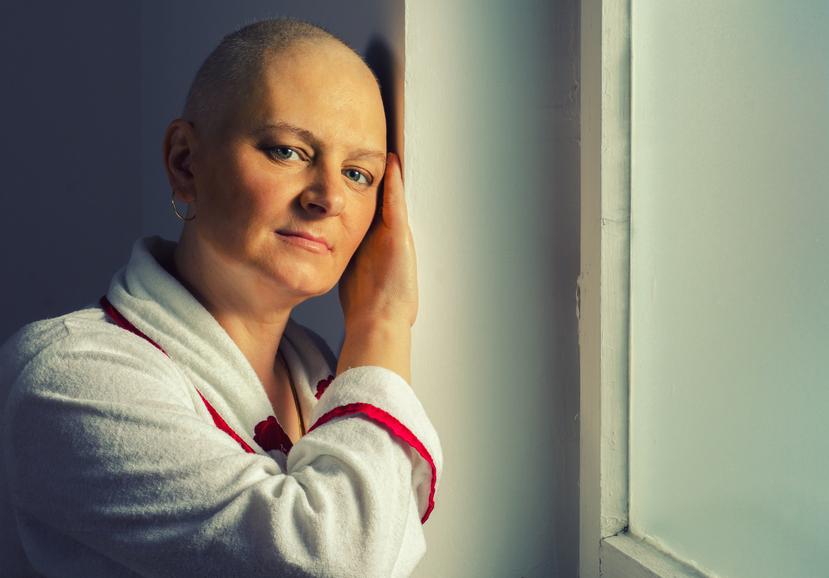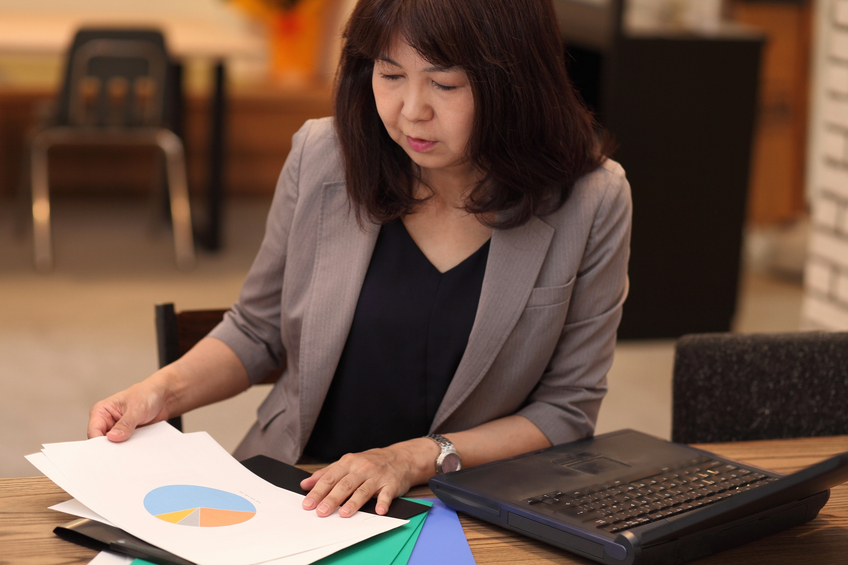Women may not like it, but the odds are that they’re going tospend at least part of their retirement alone.
|With longer lifespans than men, and faced with a high divorcerate, even women who planned to spend their golden years with apartner could end up alone.
|Related: 8 financial mistakes couples make that derailretirement
|On the positive side, if you're married, according to research from EBRI, you're more likely tohave saved for retirement than those who are single.
|However, a U.S. News & World Report article cited U.S. Census Bureaudata indicating that 54 percent of women aged 65 and older — morethan half — were single in 2014. Of course, that also includeswomen who never married, as well as those who became widowed ordivorced.
|Related: Employment opportunities for older workersoverstated
|Many couples plan for retirement but don't consider thesurviving spouse's particular needs if one spouse, typically theman, dies, says a report from research done by the Society of Actuaries and EBRI.
|This is particularly true for older women, who may have beenshut out of the family’s finances or may simply never have beeninvolved in them. Suddenly finding themselves responsible for allthe financial decisions — particularly in the wake of a death or adivorce — can be traumatic.
|Related: 10 best-paying cities for women
|But if so many women will be on their own as they age, there arethings they should be doing — and learning — so that theirretirement doesn’t become a financial problem.
|Here are six questions women need to answer to check if they’reprepared to spend their retirement alone:
||
Often wills and other financial provisions can be made earlyin a marriage and simply never changed as years pass. (Photo:iStock)
|6. Am I actually listed as a beneficiary on my spouse's legaldocuments?
After the funeral is no time to learn that your name wasn’t onthe will, 401(k), IRA or insurance policy as beneficiary. Make sureyou check all accounts to be sure that, if anything happens to yoursignificant other, you won’t be left out in the cold — particularlyif it’s a second marriage for your spouse.
|Often wills and other financial provisions can be made early ina marriage and simply never changed as years pass — and that can beproblematic, particularly if an earlier spouse or children from aprevious marriage turn out to be the new owners of your home oryour husband’s retirement money, and that wasn’t what heintended.
|If there isn’t a will — make one! Otherwise money and otherproperty could end up going elsewhere. Make sure all documents arecurrent, and make sure you know where they are. And if there’s atrust, make sure you and your spouse are agreed on how its assetsare to be managed, and that an outsider doesn’t end up in controlof the assets unless it’s what you both want.
||
Particularly for women whose husbands manage all thefinances, it’s important to make sure your planner understands yourconcerns. (Photo: iStock)
|5. Have I gone to see a financial planner?
Have you thought about how much you'll need for retirement?Among the women who actually considered their retirement savingsneeds, the majority (62 percent) say they “guessed,” says Transamerica's annual retirement survey ofAmerican workers.
|Particularly for women whose husbands managed all the finances,it’s important not only to know and feel comfortable with anyplanners he may work with, but to make sure that the planner knowsand understands your concerns, particularly about how you willmanage during retirement if your spouse is no longer with you.
|Go to planning meetings, ask questions about your assets andmake sure they’re answered in terms that you can understand. Ifnot, be prepared to find a new planner who can accommodate yourneeds once you’re on your own — and don’t wait until that day to besure you understand what you need.
||
It's important to have a plan for long-term care besidescounting on your spouse to do so. (Photo: iStock)
|4. Do I have a plan in case I need long-term care?
You may not have thought about what you’ll do if you become illor disabled once you’re on your own, but this is another matterthat you need to consider now, before it happens. While you mayexpect (and your spouse may expect you) to provide care in casehe’s disabled, that won’t help you if he leaves or dies and you’rethe one who needs care.
|If a long-term care policy isn’t in the picture, investigatethem — and if you can’t afford it, but have children, discuss thepossibility of their paying the premiums for you. Don’t plan ontheir providing your care; when the time comes, they may not beable to. Getting by on Medicaid is a reality for all too many womenin frail health, and it’s not a nice one.
||
It's important to educate yourself about your SocialSecurity and retirement plan benefits. (Photo: iStock)
|3. Have I educated myself about retirement plans and SocialSecurity?
Forty-six percent of women questioned in Transamerica's annualsurvey expect their primary source of retirement income will be401(k)s and/or other savings and investments, while 29 percentexpect to rely on Social Security. Women who have always beensingle should try to delay claiming Social Security benefits aslong as possible, so as to have a larger benefit once they retire,but women who have been married — even if they’re now divorced —have additional options.
|If the marriage lasted at least 10 years, divorcees can claim ontheir ex-husbands’ records, which may pay larger benefits thantheir own — particularly if they haven’t spent much time in theworkplace because of raising children or simply being homemakers.In addition, married women need to coordinate claiming benefits ontheir own records with their husbands’ claiming plans, since thetiming can greatly affect the amount available to a survivingspouse. Again, this is not something to leave till the lastminute.
||
Consider the possibility of guaranteed income products tosupplement Social Security. (Photo: iStock)
|2. Have I looked at annuities?
If you’re not a risk taker when it comes to investments, yourIRA and 401(k) money may not be bringing in enough returns tosupport you during your retirement, particularly if you’re aloneand/or the market goes south.
|You might want to consider the possibility of buying immediateannuities, which can provide guaranteed income to supplement SocialSecurity and any other potential regular payments — such as adefined benefit pension.
|Interestingly, married men are the least likely to say they'reinterested in buying an insurance product that provides guaranteedmonthly income, while unmarried men, unmarried women, and marriedwomen are more likely to, EBRI research indicates.
||
Women turning 65 today can expect to live to about age 87.(Photo: iStock)
|1. Have I planned for the fact that I may live to or beyond age87?
Over half of women surveyed in Transamerica's research said theyplan to work past age 65 or not retire at all. But will youseriously be working into your 80s?
|Remember that women turning 65 today can expect to live tillabout age 87 — so says the Social Security Administration. Spendingfrugally, rather than lavishly, and considering all the issues thatcan arise over such a long life, such as health concerns and otherchanges in personal circumstances, can make that long life easier,even if you do spend some — or all — of it alone.
Complete your profile to continue reading and get FREE access to BenefitsPRO, part of your ALM digital membership.
Your access to unlimited BenefitsPRO content isn’t changing.
Once you are an ALM digital member, you’ll receive:
- Critical BenefitsPRO information including cutting edge post-reform success strategies, access to educational webcasts and videos, resources from industry leaders, and informative Newsletters.
- Exclusive discounts on ALM, BenefitsPRO magazine and BenefitsPRO.com events
- Access to other award-winning ALM websites including ThinkAdvisor.com and Law.com
Already have an account? Sign In
© 2024 ALM Global, LLC, All Rights Reserved. Request academic re-use from www.copyright.com. All other uses, submit a request to [email protected]. For more information visit Asset & Logo Licensing.








